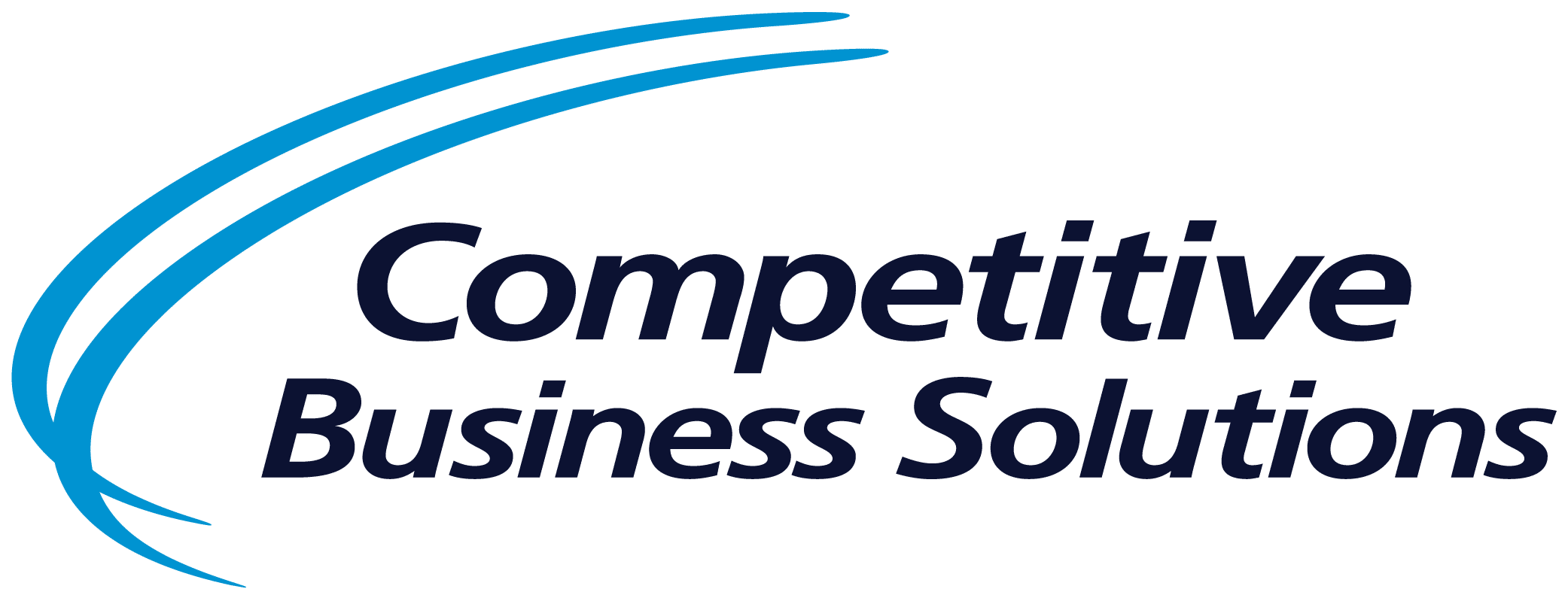Life is full of examples where people have confused confidence with competence. Being an avid sports fan, my mind goes directly back to 1998 when the Indianapolis Colts (and rest of the NFL) were debating between Ryan Leaf and Peyton Manning to be their first draft pick. While Leaf possessed a stronger arm, better athleticism and loads of confidence (almost to the point of arrogance), the Colts chose Manning over Leaf. Why? What was the difference? In my opinion, GM Bill Polian recognized that Manning had the appropriate blend of both competence and confidence, meaning Manning had the competence to do things like accurately throw the ball and recognize defenses coupled with enough confidence to make the tough throws when success was not guaranteed. Had he had too much of either he could have ruined team chemistry and not been willing to work hard to continue to improve his skills. Too often in business and industry, we confuse confidence with competence, and the consequences can be long lasting.
In his book Confidence: Overcoming, Low Self-Esteem, Insecurity, and Self-Doubt, organizational psychologist Tomas Chamoro-Premuzic asserts there are four ways to look at the relationship between confidence and competence:
- When we do not have much of either
- When we have too much of both
- When we have much competence, but little confidence
- When we have much confidence, but little competence
He contends that the first three can be quite valuable in an organization depending on what role you are hiring. Unfortunately, most people fall into the 4th category of having much confidence, but little competence. I have personally experienced the damage someone with too much confidence over competence can create when not identified in
the screening process. We typically categorize these types of personalities as “Often wrong but never in doubt.” These are the people we need to avoid when hiring. So, how do we go about discerning these types of personalities? How do we avoid hiring the wrong person?
One of the key methods to avoid a misplaced hire is during the interview process. You must ask probing, hard-hitting questions. Present the person with challenging, real-life scenarios and see how they process and reply to the questions. A competent person is typically able to:
- Comprehend the information presented
- Understand what is important and what is not
- Provide sound logic to a decision derived from the information
- Be able to predict potential impacts from the decision
This list requires you to spend some time preparing for the interview and asks you to be willing to listen and explore a potential hire’s thought processes with them.
During the interview, ask the person to describe in detail how they were able to solve a critical problem, hopefully similar to what they might be required to solve in the role you for which you are hiring them. Pay particular attention to the level of detail and approach they deployed in their example. A person who is competent will be able to describe in detail their logic and approach to solving the problem.
In addition, note how candidates answer questions or speak about the project, company or even the department where they previously worked. Avoid people who use too much “I” and too many phrases like “They wouldn’t listen to me” and “I told them they should….” Instead, aim to find people who speak with “we” and “the team”. Typically, these people are more likely to possess the right blend of confidence, humility and competence to be effective in their role.
Even if you do all the right “stuff” when interviewing someone for a position, you still might get it wrong sometimes. Jack Welch, former CEO of GE, once said, “Don’t beat yourself up if you get hiring wrong some of the time. Just remember, the mistake is yours to fix.” We all have worked with someone who is just not the right fit for the job.
Either they are truly not competent, overconfident or both. As a leader in a business, it is critical for you to recognize the mistake and move quickly beyond it before it causes more damage to the organization.
At CBS, we are often brought into companies to help with continuous improvement transformations. A recent client hired a person to lead their internal transformation, but the person clearly was not competent in the approach to transform the business. There is a clear difference in the skills and approach when one is leading a transformation versus when one is simply working in a company with an established continuous improvement culture. In this case, the new hire tried to implement the very same tools that worked so well with their prior employer, but the tools did not transfer to fit the needs of the new company. The person created standard processes for process’s sake and not to improve performance in the business. Fortunately, the client realized the misstep and chose to replace the individual. Leadership recognized the mistake by paying attention to key metrics, listening to their employees, and understanding what should be happening. While this was a tough decision, it was critical for the remaining business and team members.
For those wondering, did the Colts get it right when choosing Peyton Manning over Ryan Leaf? Yes, they did. Manning went on to a Hall of Fame career, winning 2 Super Bowls, while Ryan Leaf bounced around the NFL for 5 years, playing for 3 teams before retiring. The team that had drafted Leaf quickly moved on when it realized that he was not the right player for the team.
About Competitive Business Solutions (CBS)
Competitive Business Solutions consultants are masters of world-class operating and lean sigma principles. Creative problem-solvers throughout the improvement process—from initial discovery and strategic solution development to implementation and knowledge transfer—CBS consultants take pride in their client relationships, working side-by-side with every member of onsite teams to identify performance issues quickly and effectively, with significant and sustainable business improvement as a result.



